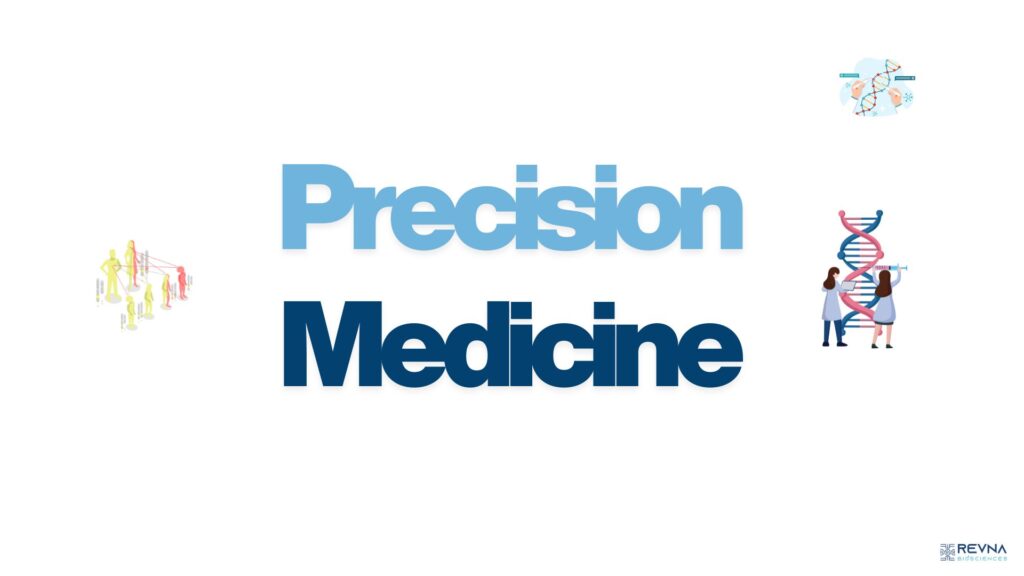Copyright © 2024 - Designed & Maintained By Nusite IT Management Consultants
What Is Precision Medicine and Why It Matters Today

Introduction
Traditional medicine’s one-size-fits-all approach is giving way to precision medicine, a modern strategy that tailors care based on an individual’s genetics, environment, and lifestyle. While the foundation of this concept is not new, recent strides in genomics, biotechnology, and data science have pushed precision medicine to the forefront of modern healthcare.
Cancer treatment offers a clear example of precision medicine in action. Traditionally, patients with the same cancer type would often be given the same chemotherapy regimen. With precision medicine, however, doctors analyze the genetic makeup of a tumor to pinpoint specific mutations, allowing them to choose targeted therapies that are more likely to be effective for that individual.
What Is Precision Medicine?
Precision medicine, also known as personalized medicine, is an approach that tailors disease treatment and prevention to individual patients, based on:
- Genetics: Variations in DNA can affect how people respond to medications and their risk of certain diseases.
- Environment: Exposure to toxins, climate, and living conditions can influence health outcomes.
- Lifestyle: Habits like diet, exercise, sleep, and stress levels play a key role in overall health.
Why Precision Medicine Matters Today
As healthcare becomes more individualized, precision medicine offers several key advantages over traditional models:
1. Improved Outcomes
One of the biggest advantages of precision medicine is that it increases the likelihood of successful treatment. By identifying the therapies most likely to work for a specific individual, it reduces trial-and-error prescribing and improves recovery times.
2. Fewer Side Effects
By tailoring treatments to an individual’s genetic profile, precision medicine can reduce harmful side effects. This is particularly important in conditions like cancer, where traditional treatments can be highly toxic.
3. Earlier and More Accurate Diagnoses
Genetic testing and advanced screening tools allow doctors to detect diseases earlier sometimes even before symptoms appear. Early intervention often means better outcomes and lower healthcare costs.
4. Prevention Over Cure
Precision medicine goes beyond treating illness; it also focuses on prevention. For instance, a person with a genetic tendency toward high cholesterol may start lifestyle adjustments or medication sooner than someone without that risk.
5. Advancing Research and Drug Development
The rise of big data and biobanks (collection of biological and health data) helps researchers understand disease at a molecular level. This accelerates the development of targeted therapies, such as immunotherapies for cancer or gene therapies for inherited conditions.
Challenges and Considerations
While promising, precision medicine faces several challenges:
- Data Privacy: Collecting and using genetic data raises ethical concerns.
- Cost: Genetic testing and targeted therapies can be expensive.
- Access: Not all communities have equal access to precision medicine technologies.
- Complexity: Interpreting genetic information requires specialized expertise, and clinical guidelines are still evolving to keep up with rapid discoveries.
The Future of Healthcare
As technology advances, precision medicine will likely become the norm rather than the exception. Artificial intelligence and machine learning are expected to further enhance the ability to analyze complex genetic and clinical data, making personalized care more accurate and accessible.
Precision medicine marks a profound shift in how we understand, prevent, and treat disease. By recognizing the uniqueness of each individual, it has the potential to make healthcare more effective, efficient, and compassionate. As the tools become more accessible, the hope is that precision medicine will lead to longer, healthier lives for people around the globe.